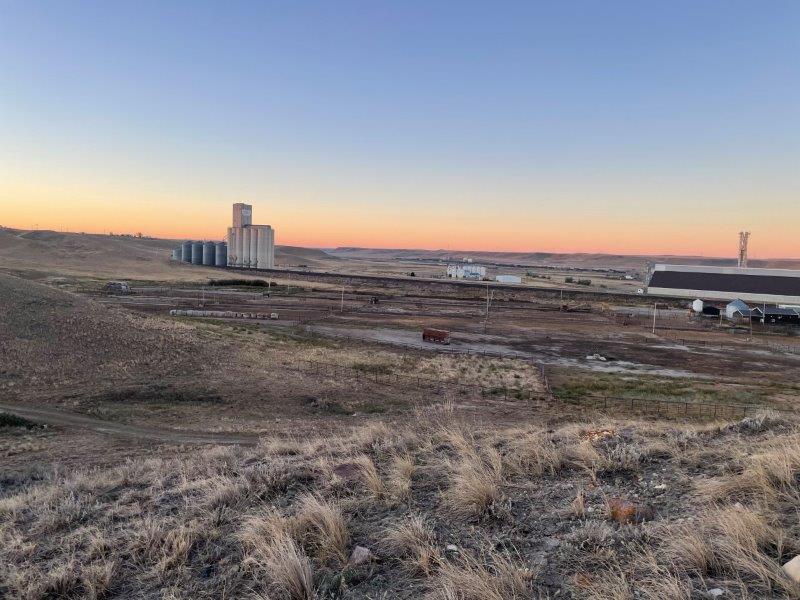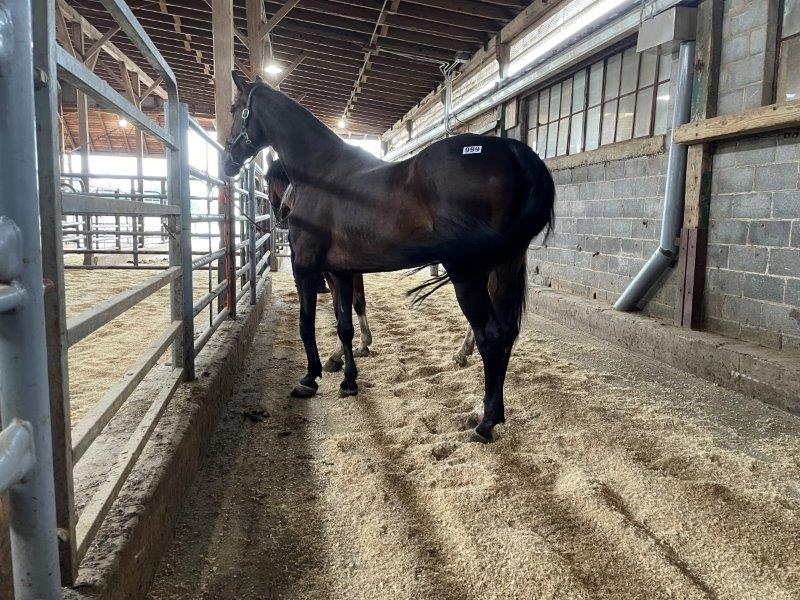19. October 2022
Joint live transport inspections with the Polish road transport police (ITD)
13. October 2022
Seminar on live transports for police and official veterinarians in Giessen (Germany)
04. October 2022
Why is the EU working against science when it comes to live exports via sea?
30. September 2022
Poland | Swietokrzyskie | Monthly report September: Farm Animal Service
27. September 2022
Investigation in the US: Bouvry’s horse assembly centre in Shelby
26. September 2022
Nader-A: Systematic authority failure again leads to the emergency killing of several hundred bulls
21. September 2022
800 young bulls stranded in the Mediterranean Sea. Is their emergency killing now imminent?
15. September 2022
Investigation in the US: Horse auction in New Holland
31. August 2022









